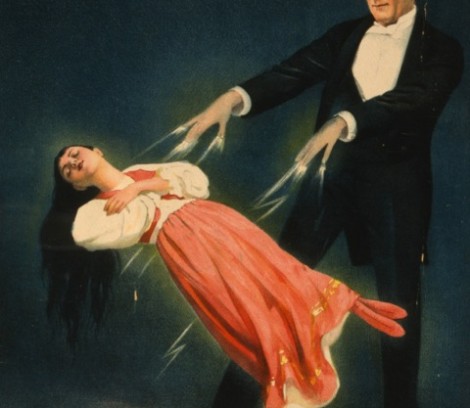Sixth Sunday of Easter
THE SIXTH SUNDAY OF EASTER
“As the Father loves me, so I also love you.” Jn. 15:9
The headlines have been abuzz this past week: Kate, the Duchess of Cambridge, gave birth to her second child on Saturday. All of England, and much of the world, cheered wildly. Bookmakers were in a frenzy picking the likely names. The winner: Charlotte Elizabeth Diana.
Why so much fuss?
Because it’s a love story. We love love stories.
In a couple of weeks, Jill, a niece of mine, will publicly give witness to her love for her fiancé, Logen, in St. Louis. All ten of us siblings, along with many others, will travel great distances to witness this glorious event.
Why so much fuss?
Because it’s a love story. We love love stories.
Why?
It seems that there’s a kind of magic that draws us to such stories, a sense of fairy-tale enchantment that fires up our imaginations. Countless love songs have been sung, poems written, dramas acted out, movies filmed, books published – all based on an endless longing for experiencing that life-enhancing allure of being loved, cherished, prized, valued by someone, and then carried off into rapturous moments of delight.
Or, as someone as expressive as the great poet Elizabeth Barrett Browning put it: Love embraces “… the depth and breadth and height my soul can reach.”
Then there’s none other than Dr. Seuss’ explanation for why stories about love can be so compelling: “You know you are in love when you can’t fall asleep because reality is finally better than your dreams.”
And, of course, there’s also some of the most quoted words St. Paul ever wrote: “Love bears everything, believes everything, hopes everything, endures everything … the greatest of all is love. Strive for love.”
Love stories. Just can’t get enough of them.
Jesus loved love stories, too.
We know this because he so often spoke of this aching need, this eternal longing in our heart.
Today’s gospel addresses the issue of love head on: “As the Father loves me, so I also love you.” I would suggest that this statement alone sums up the entirety of all the gospels and all the epistles and all the Church teachings and all the spiritual writings that have ever been produced down through the centuries.
If we truly “get” this one statement – truly believe it, then everything else becomes mere window dressing.
Because what Jesus is telling us today in this profound and dazzling gospel reading is that you and I are loved in the same way and to the same extent that Jesus is by God the Father – with the same depth and breadth and infinite passion! It’s breathtaking when you really stop to reflect on it. Think of this: “In the same way,” Jesus tells us. “To the same extent.” It’s like it’s almost too good to be true.
What else do we need to know? The love relationship every human person so desperately desires and longs for is available to all of us through and in and with our God.
Look back in the gospels and see for yourself. All of the great stories Jesus ever told – the Prodigal Son, the Woman Caught in Adultery, the Good Samaritan, the Washing of Feet, the Cleansing of the Leper, the Curing of the Blind and the Lame, The Crucifixion, the Resurrection – all of these tell the same single tale: we – each of us – are infinitely and graciously and eternally loved.
God, then, truly is the Hound of Heaven, the God that runs toward us with “strong Feet that followed, followed after,” as the poet writes. The Hound that tells each of us: “Ah, fondest, blindest, weakest, I am He Whom thou seekest.”
Our task, then, is singular: to say a marital “yes.” Yes, we believe. Yes, we will follow. Yes, we will join in the banquet. Yes, we will mimic you in your love for us by the way in which we in turn “love one another.”
This is what eternal life will be: the endless receiving and giving of love. As one writer puts it: “If people grasp and understand themselves as links in the love chain – from the Father to Jesus, from Jesus to them, from them to one another – they will move from anxious, separate living into holy communion. There is no longer any need to grab, or hold, or possess this life, as if it were a scarce commodity. It is abundant beyond measure.”
Jesus ends this stunning gospel message by telling us that we are not slaves “who do not know what the master is doing.” We are “friends.” !!!!!!!!!!!!
But, as if it that weren’t enough, he then proceeds to inform us that we are not only friends, but people who have been specially chosen: “I … chose you and appointed you to go and bear fruit that will remain.”
Finally, he offers only one command – a command that does not involve worshipping him or adoring him or praising him, and certainly not shamefully hiding from his presence. Instead, his only command to each of us is the same one he gave to all his disciples: follow me. Do as I have done to you.
“This I command you: love one another.”
Ted Wolgamot, Psy.D.
11809194.1
5/7/15



